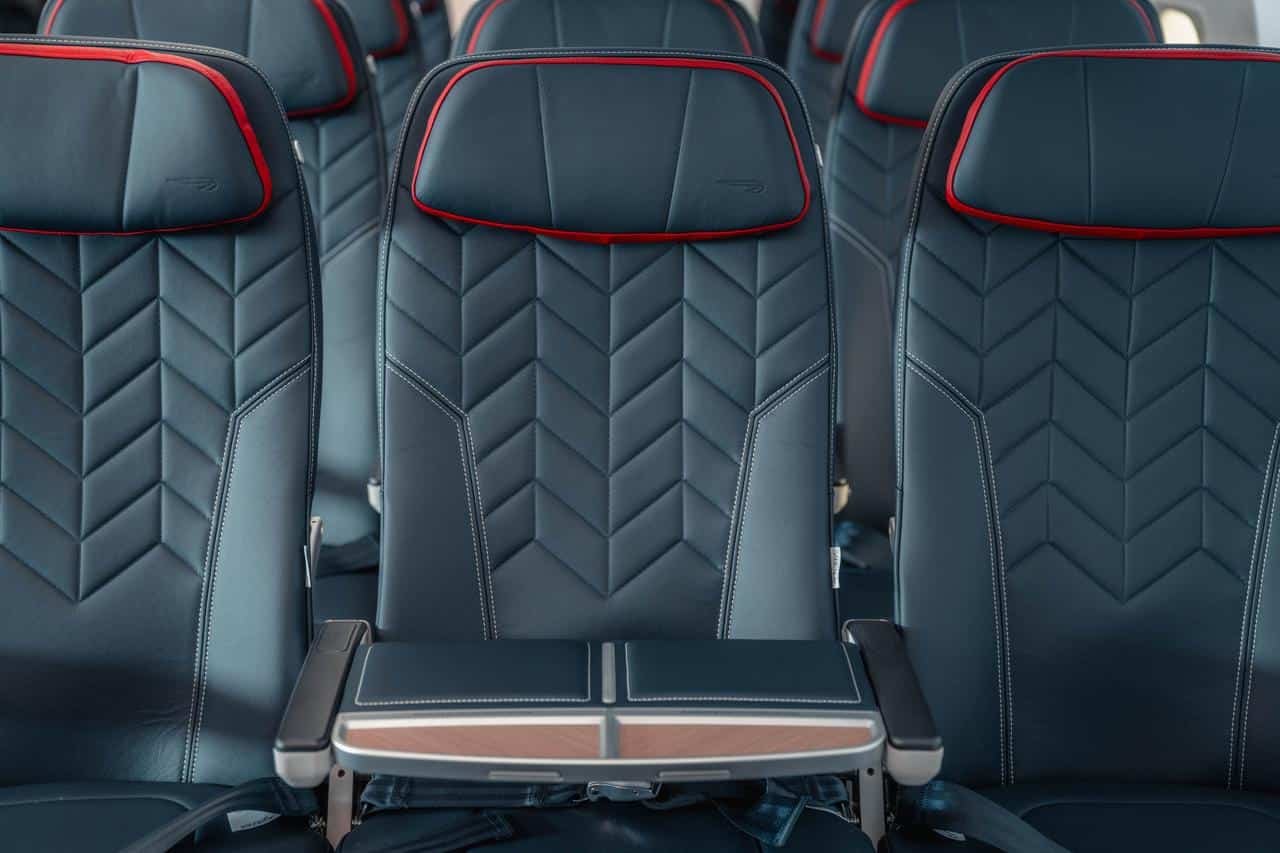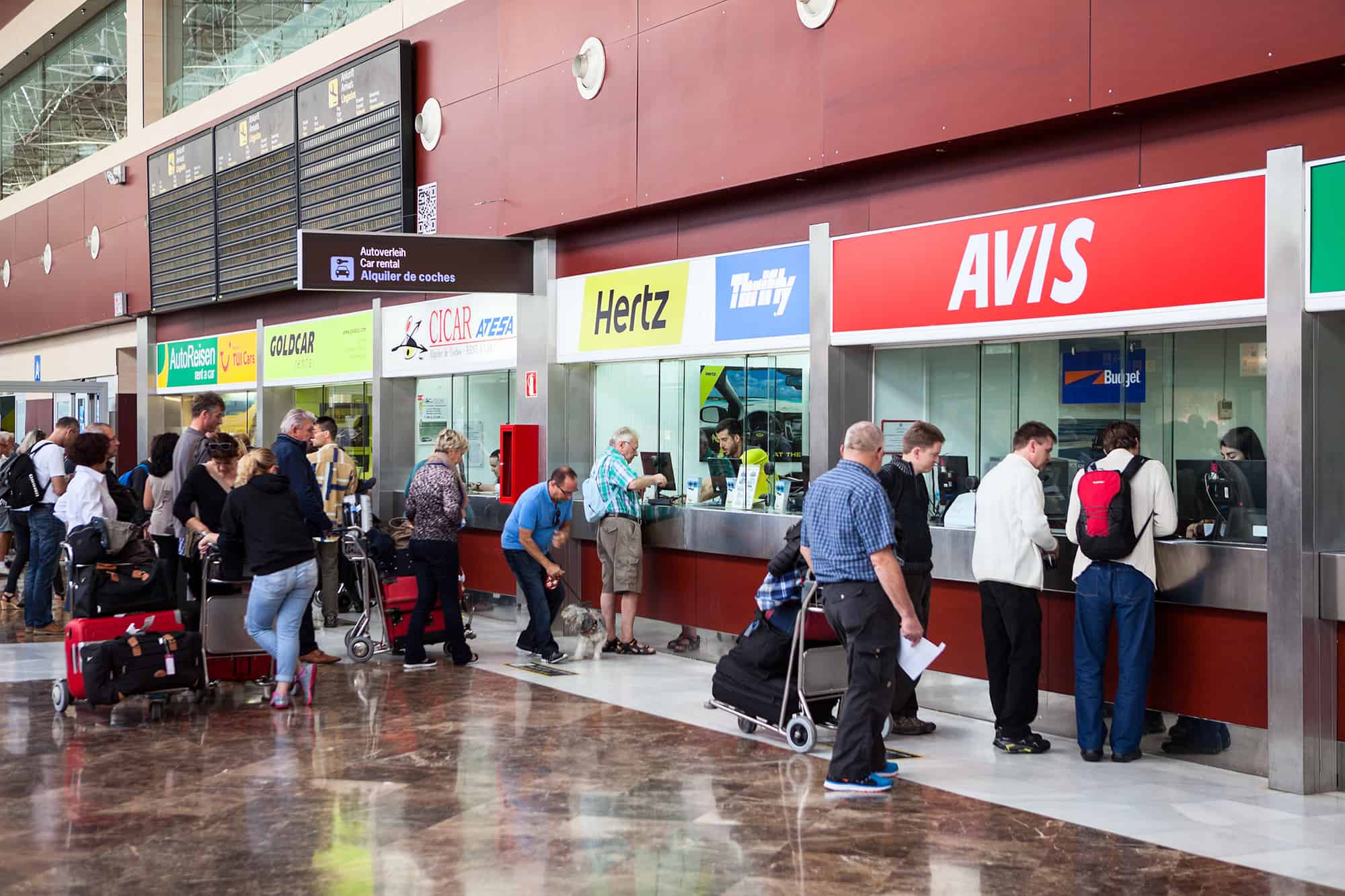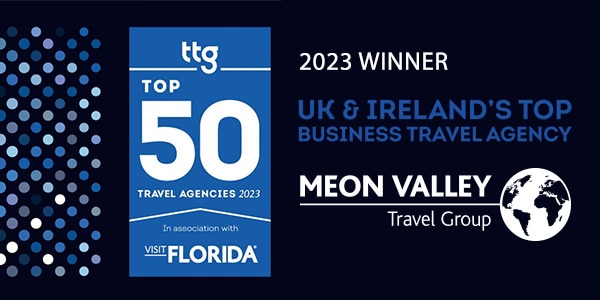Sustainability in the hotel sector used to mean little more than asking guests to reuse their towels – something that was in many cases just an attempt to cut down on laundry bills.
Thankfully, things have moved on and while visible sustainability measures, such as dispensing with single use shampoo miniatures, are important initiatives, so are those that are less obvious, like the reuse of food waste, community engagement, the diversity of the management team and the building design itself.
Hotels used by business travellers typically face bigger sustainability challenges than those in the leisure sector. Sri Lanka’s Jetwing brand, for example, boasts biofuel plants firing some of its kitchens and several properties have their own rice paddies to supply them – not something the average city centre tower block can offer.
Nevertheless, major brands realise the spotlight is on them and that they need to be seen to be doing something.
Among them is Marriott, whose 2025 Sustainability & Social Impact Goals pledge is impressive in its ambitions, with targets including a 50% reduction in food waste, 30% renewable electricity use and 95% responsible sourcing of its main purchases such as linen, seafood and animal products.
Marriott’s initial aims are a 15% water use reduction and 30% carbon reduction by 2025 compared with 2016, the year before it set targets. In 2020 it was on track with its carbon target, having reduced by 8.58% since 2016, but behind schedule on water use, with only a 0.15% reduction.
Nevertheless, just over a third of Marriott properties now have a recognised sustainability certificate awarded to them and the brand is still forecasting 100% compliance with its Sustainability & Social Impact Goals by 2025.
Arguably, many hotels have already taken the easy initiatives, but it is the bigger projects that will really make a difference. Removing single use guest items is one thing, but replacing insulation is another. While new build hotels are now much more carbon-conscious in their design, there is clearly an issue with older properties in relation to energy consumption in particular, as IHG acknowledges.
IHG has pledged a 15% carbon reduction in “direct operations” by 2030. Its 2021 white paper, Transforming Existing Hotels to Net Zero Carbon, in conjunction with consultants Arup, stressed the need for work to be undertaken across current room stock.
“It is clear that there needs to be a paradigm shift in the way we operate hotels to reduce our reliance on fossil fuels,” it said, adding 80% of all current buildings will still be in use in 2050, the UK’s net zero carbon target date.
“Many 2050 hotels have already been built. So, focusing on net zero carbon new buildings will not be enough to get us where we need to be for a sustainable future. We need to rapidly improve the performance of existing hotels,” it said.
Arup detailed work on a typical UK business hotel built in the 1960s, aiming to make it carbon neutral by 2050. It found the pool area consumed a quarter of all energy, while catering and hot water each accounted for 20%.
Reglazing the pool and improving insulation of guest rooms would cut energy use by more than 9%, while replacing boilers with a ground source heat pump could reduce energy consumption by 40%. Works meant the building could achieve net zero carbon, with payback “likely to be under five years”.

As the hotel industry expands its number of properties, retrofitting of existing properties will be needed to offset growth. Research by the Sustainable Hospitality Alliance found the industry needed to reduce emissions by 66% per room by 2030 and by 90% per room by 2050 to ensure the growth forecast for the sector does not correspondingly increase carbon emissions.
Meanwhile, buyers and corporate travellers can encourage these efforts by choosing properties that have credentials such as LEED (Leadership in Energy and Environmental Design) certification or similar and which are making obvious efforts to gain green credentials – not just saving on their laundry bills by urging guests to reuse towels and leaving the sheets unchanged.
To find out more about how Meon can help you meet your sustainability goals please contact us by email at [email protected] or by telephone at +44 (0)116 264 5270.






